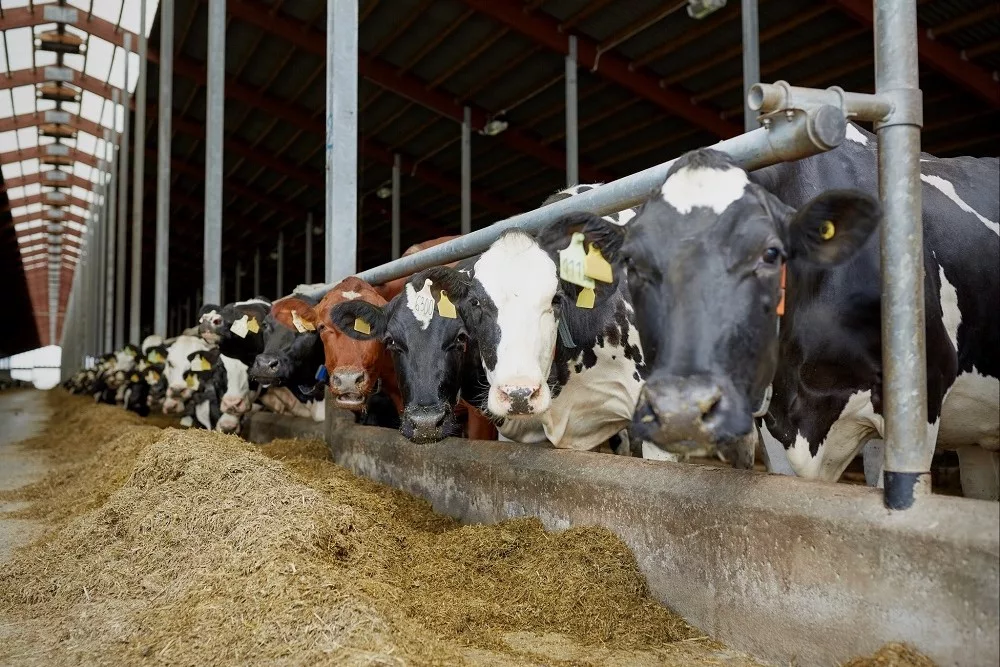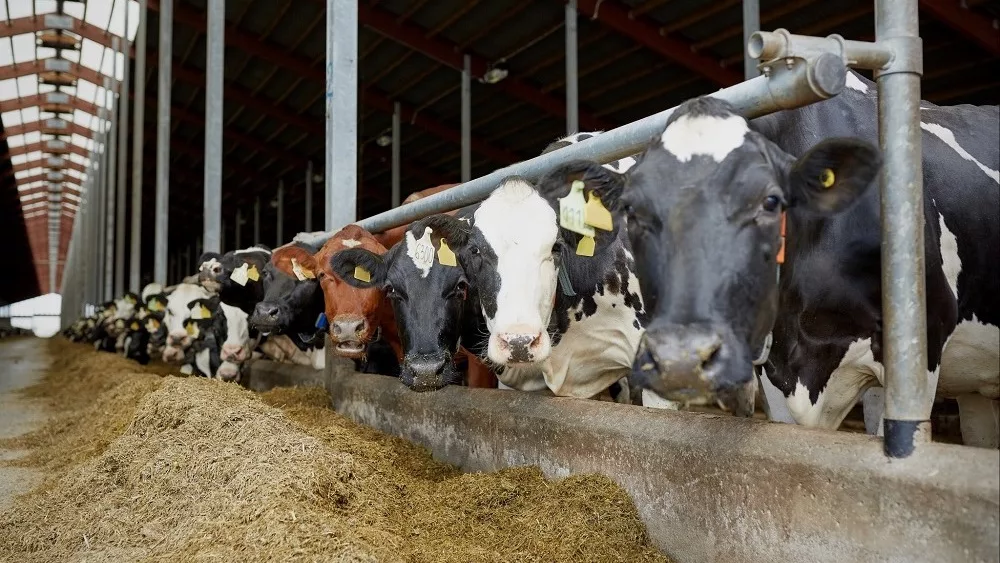
A herd of dairy cattle in Montcalm County, Michigan that had recently been relocated from Texas has tested positive for highly pathogenic avian influenza (HPAI) according to the Michigan Department of Agriculture and Rural Development (MDARD).
The U.S. Department of Agriculture’s (USDA) National Veterinary Services Laboratories has confirmed this detection.
Further testing and investigation by state and federal officials have revealed the source of infection. The farm recently received cattle from an affected premises in Texas before that herd showed any sign of disease. When the cattle were moved from Texas to Michigan, the cattle were not symptomatic and did not appear ill. As this national situation continues to develop, it is essential for all producers to contact their veterinarian if they have any concerns regarding the health of their animals, regardless of species.
“We have well-trained staff responding to this situation and I have the utmost confidence in our team. We will continue working with our local, state, and national partners to protect animal and public health,” said Tim Boring, MDARD Director. “Our highest priorities at MDARD remain protecting our food supply and ensuring animal health. As this situation evolves, we will provide critical updates to producers, industry, and all Michiganders.”
“This case does reflect a lot of what is already known about this virus—namely, that it is highly contagious, it continues to be primarily spread by wild birds and contact with infected animals, and mammals can contract the virus,” said State Veterinarian Dr. Nora Wineland, DVM, MS, DACVPM. “MDARD is working diligently and in close collaboration with government partners, producer groups, and Michigan dairy farmers to address the situation and prevent the spread of disease. As more is learned, it is vitally important for producers to work with their veterinarian and isolate sick animals from others, minimize the number of visitors to their farms, prevent contact between their animals and wildlife, and continue to vigilantly monitor the health of their animals.”
HPAI is a highly contagious virus that can be spread directly by infected wild birds/animals or indirectly through any item that has been exposed to the virus—such as equipment, feed, or the clothing and shoes of caretakers. The virus has been detected in various species of mammals—presumably after the animals come into contact with infected birds. To limit the spread of the disease, the affected premises voluntarily stopped movement.
Producers who have concerns about the health of their animals and/or questions regarding how to improve the measures they take to protect animal health on their farm should contact their veterinarian. Also, if cattle producers notice decreased lactation, low appetite, and/or other symptoms in their herds, please contact your veterinarian to determine the next appropriate steps to take.
Analysis of the virus from this case and the other cases of affected cattle has not shown any significant new adaptation to make the virus more transmissible between mammals. Therefore, the public health risk associated with HPAI remains low.
According to the Food and Drug Administration and Centers for Disease and Prevention, the commercial milk supply remains safe due to both federal animal health requirements and pasteurization.
If anyone suspects the presence of HPAI or any other reportable animal disease in their domestic animals, please contact MDARD immediately at 800-292-3939 (daytime) or 517-373-0440 (after-hours).
For more information on the detections of HPAI in cattle, please visit the U.S. Department of Agriculture’s website.
Source: Michigan Department of Agriculture and Rural Development (MDARD)






